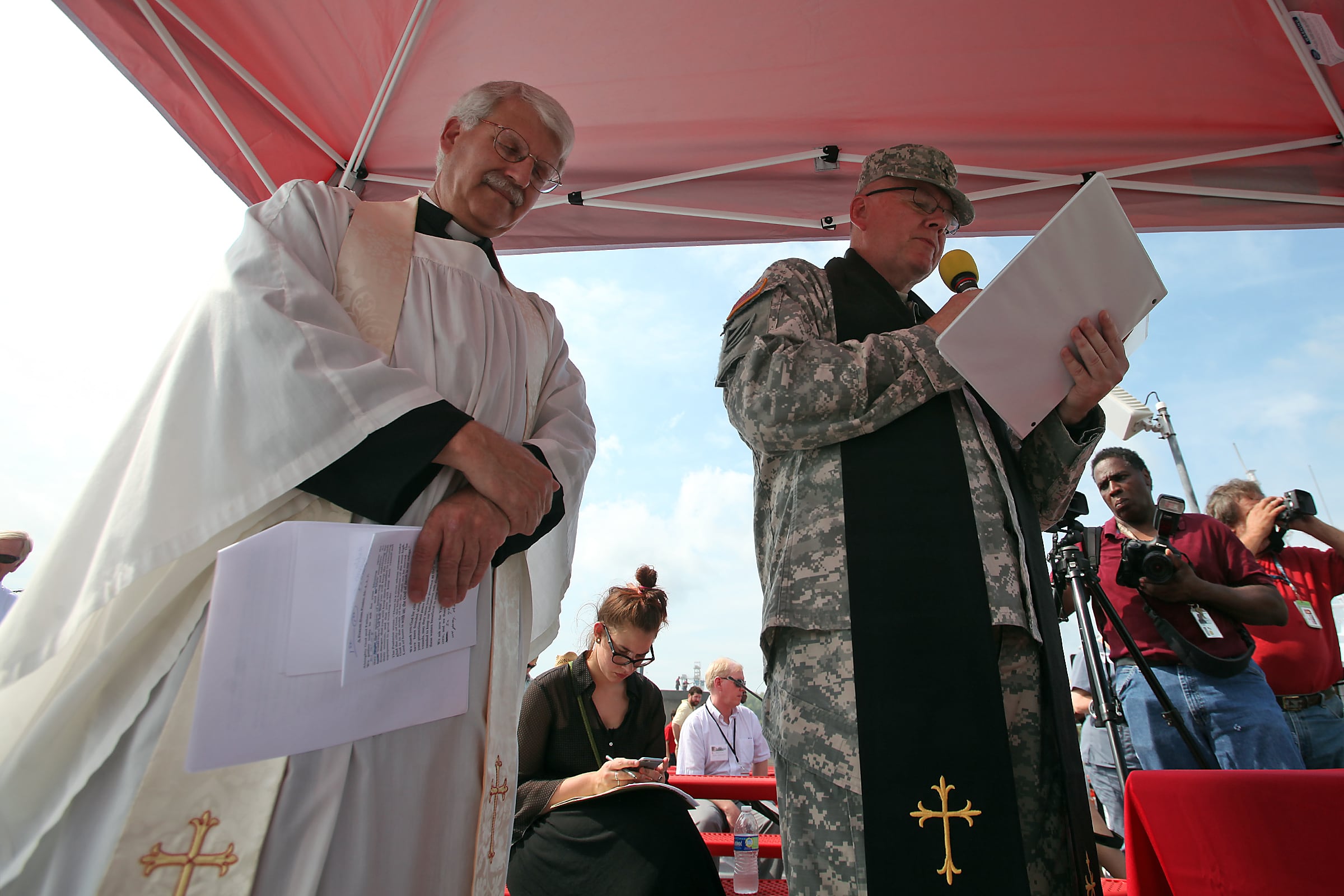The 11th Marine Expeditionary Unit and Japanese forces are about to kick off a large-scale joint exercise at a time of heightened tension with North Korea.
The 13th iteration of joint exercise Iron Fist starts Friday in California and will last for one month. The U.S. and Japanese forces will train in the use of “amphibious vehicles, combined arms and amphibious doctrine,” said 2nd Lt. Tori Simenec, a spokeswoman for the 11th MEU.
The Iron Fist exercise comes amid tension with North Korea, but it is not in response to any country or particular threat, Simenec said. The Marines have conducted this joint exercise with Japanese forces since 2006.
“As we continue to conduct training exercises with the Japan Ground Self Defense Force, the goal is to develop forces capable of working in close coordination and able to respond to any crises in the Pacific region,” Simenec told Marine Corps Times.
Sabre rattling and public spats between President Trump and North Korean leader Kim Jong Un have put Japan and the Korean peninsula on edge.
In early January, the two leaders traded public barbs over the imaginary size and effectiveness of each country’s respective nuclear button. Trump tweeted that his button was “much bigger” and “more powerful.”
In November North Korea successfully tested its most advanced intercontinental ballistic missile known as the Hwasong-15 that some analysts believe is capable of hitting anywhere in the continental U.S.
In response to a question from Marine Corps Times about any changes to this year’s itinerary in response to the North Korean threat, Simenec said: This exercise is a chance for “Japan Ground Self Defense Force and the U.S. Marine Corps to share expertise in the use of amphibious vehicles, combined arms and amphibious doctrine.”
From the 11th MEU, participating units include 1st Battalion, 4th Marine Regiment; Combat Logistics Battalion 11; and elements from 3rd Marine Aircraft Wing; 3rd Assault Amphibian Battalion; and 1st Reconnaissance Battalion.
The year’s Iron Fist will also be the last joint exercise before the official establishment of the Amphibious Rapid Deployment Brigade in March, according to Simenec. The new Japanese unit has been likened to U.S. Marines, and analysts contend the purpose of the brigade is to defend the Senkaku Islands contested by both China and Japan.
Training will take place at Marine Corps Base Camp Pendleton, Naval Amphibious Base Coronado and Naval Auxiliary Landing Field San Clemente Island until February 12.
“This multilateral amphibious training exercise between the U.S. Marine Corps and the Japan Ground Self Defense Force provides Marines and sailors valuable training with warriors from another culture, and builds camaraderie between the U.S. and Japanese forces,” Simenec said.
Shawn Snow is the senior reporter for Marine Corps Times and a Marine Corps veteran.





